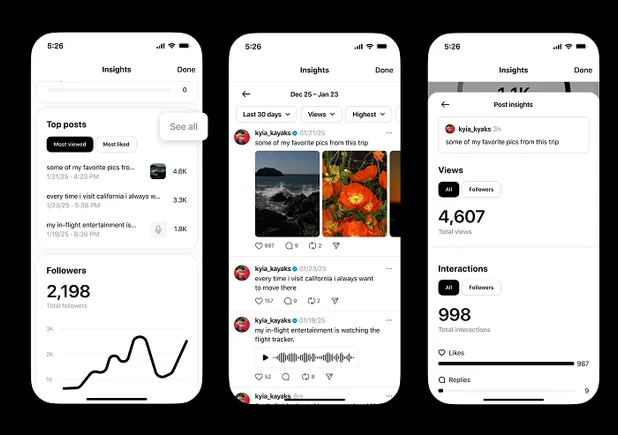Well, that was Week One of 208 in the second Trump administration, and we are both worn out and recommitted to getting through this mess, and to helping our readers face it too. With that in mind, we’re going to make a point of occasionally bringing you some reminders that there are still good people out there making good news, even while the established constitutional order in the USA is starting to look more and more like a dirty sock that the dingoes got to. (A purely speculative simile, I should add. If dingoes turn out to be very loving, diligent custodians of laundry, we will of course retract.)
Today, let’s just do a quick, Wonkette Tabs-style list of some neat things happening with climate and energy. Think of it as an environment-style way of Looking for the Helpers.
Ecuador’s Constitutional Court ruled earlier this month that the country’s coastal marine ecosystems have actual rights for protection and restoration. (Ecowatch)
A women-driven effort to plant trees in Uganda is making progress in reforesting areas that have been hit hard by climate change. Planting indigenous trees like ficus and Dracaena afromontana provides shade and help reduce erosion, and then there’s the whole women’s economic empowerment thing, too. (Mongabay)
Florida Fish and Wildlife Conservation Commission officers successfully rescued some 30 sea turtles that were stunned by the recent freezing temperatures and snow along the Gulf Coast. Another 40 turtles in Volusia County are also being rehabilitated at a Marine Science Center. Once they recover, they’ll be returned to the wild. (WESH-TV)
This is one of those decidedly mixed Nice Time stories: The government of the Democratic Republic of the Congo is creating the world’s largest reserve for tropical forest, protecting an area of the Congo River basin the size of France that serves as one of the world’s biggest carbon sinks. It hopes to create green jobs and clean energy development, as well as to stop trafficking of natural resources. Unfortunately, part of the reserve in the eastern part of the country is where rebels aligned with neighboring Rwanda have been fighting against the government for decades; rebels are now about to capture the major city of Goma, and that’s all looking horrible. (World Economic Forum / AP)
Sometimes people save themselves by saving their own parts of the planet. Read this cool redemption story about Juan Guillermo Garcés, 74, a man in Colombia who as a teenager nearly died when he was burning a section of jungle to create cattle pasture on his family’s ranch. He went on to found a nature preserve that’s protecting biodiversity in an area where more than 100 new species have been identified. About 80 percent of the reserve is reclaimed farmland that has been allowed, over decades, to return to jungle. (Guardian)
This is a big one: In 2024, solar generated more of the EU’s electricity (11 percent) than coal (down to just 10 percent) for the first time ever. Gas generation fell for a fifth straight year, and total fossil fuels used for energy dropped to an all-time low, 29 percent in 2024, compared to 39 percent just five years ago. Wind also generated more of the EU’s power (17 percent) than gas (16 percent) for a second year in a row. (Elektrek)
Also, some specifics on energy progress in various European countries! Italy is now getting not quite half of its electricity from renewables, as more hydroelectric and solar come online and coal-powered plants are decommissioned. (Il Post; in Italian with Google translation)
Those cheese-eating nuclear show-offs in France have the rest of the Euro Zone beat when it comes to decarbonizing their grid, with nuclear and renewable energy providing 95 percent of the nation’s electricity in 2024. Nuclear and hydroelectric production both surged, and France’s nuclear plants have mostly recovered from maintenance problems that, along with Russia’s invasion of Ukraine, worsened Europe’s energy crisis. France exports much of its electricity to other EU countries. (Bloomberg via Reddit [requires email signup])
Anyone who tells you renewables can’t power growth in developing nations is probably trying to sell you fracking and a dirty refinery. Water wheels are having a moment as a new source of small-scale electricity generation in places from England to Nepal. Another excellent choice for local mini-grids, along with solar and battery storage. Hey, any bored billionaires really want to do some good? Small electric projects — and training electricians, and supporting local clean-energy entrepreneurs — all over the developing world! (Guardian)
Hey, speaking of economic development and clean energy, a startup in Tanzania is manufacturing backpacks equipped with solar panels and batteries, plus a reading light, that lets kids in areas with no electricity study at night. The company has grown from a small demonstration project to selling 36,000 of the backpacks in Tanzania and other African countries so far. (CNN)
Well now I have a little more optimism to recharge my own supplies. Hope you do, too!
Yr Wonkette is funded entirely by reader donations. If you can, please become a paid subscriber, or if a one-time donation lights up your eyes, help us with our electrifying coverage of the energy transition that way!









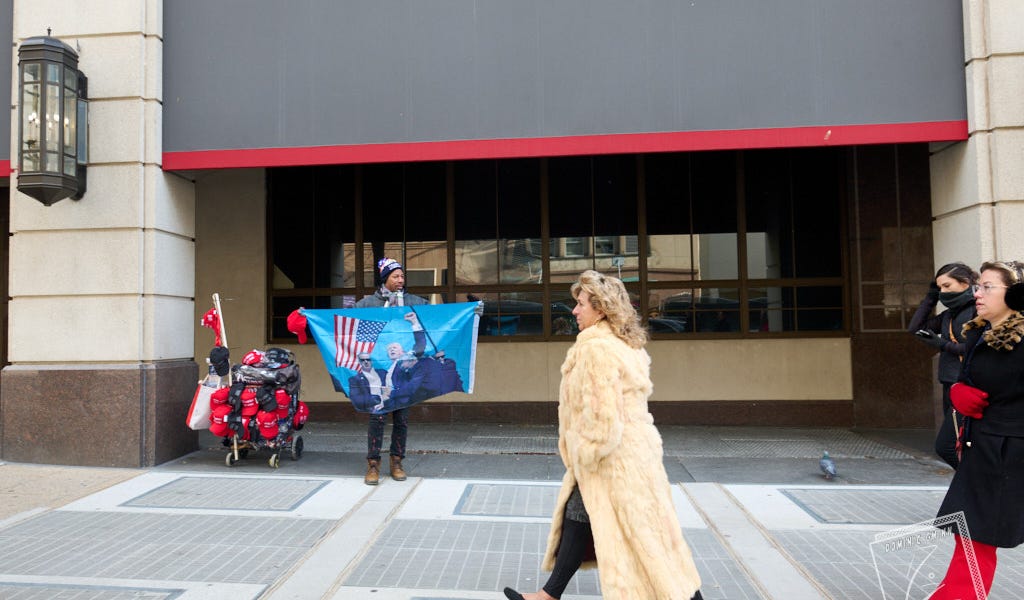





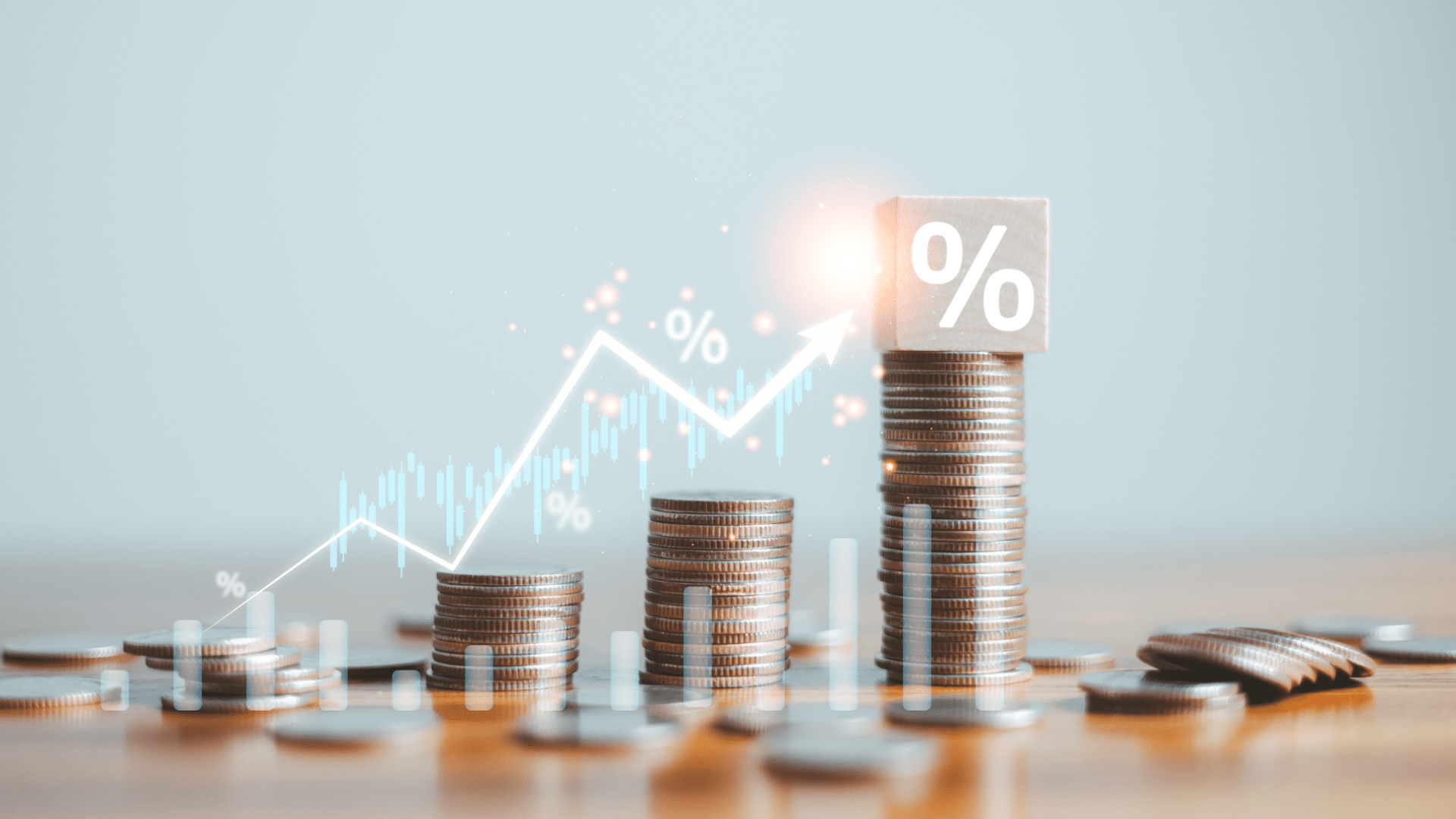




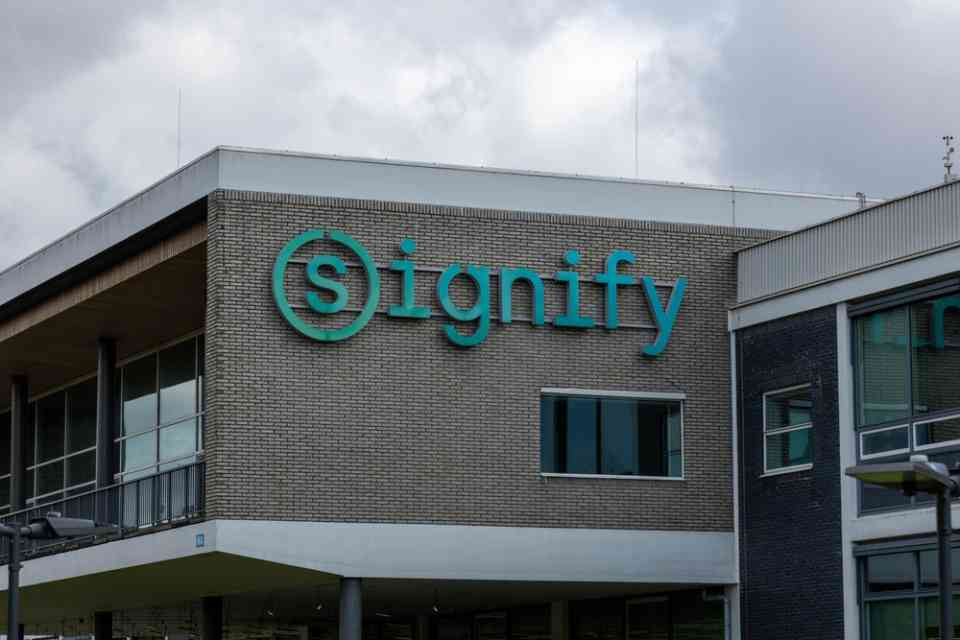








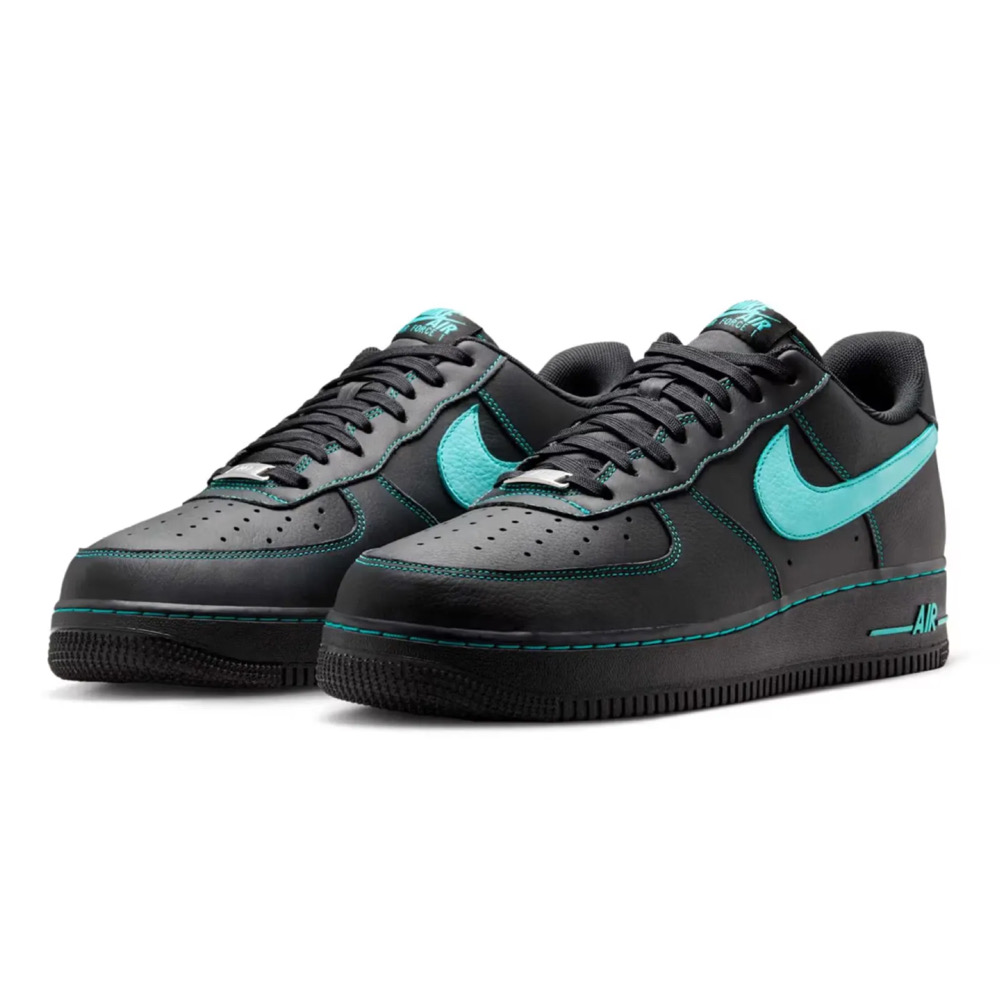
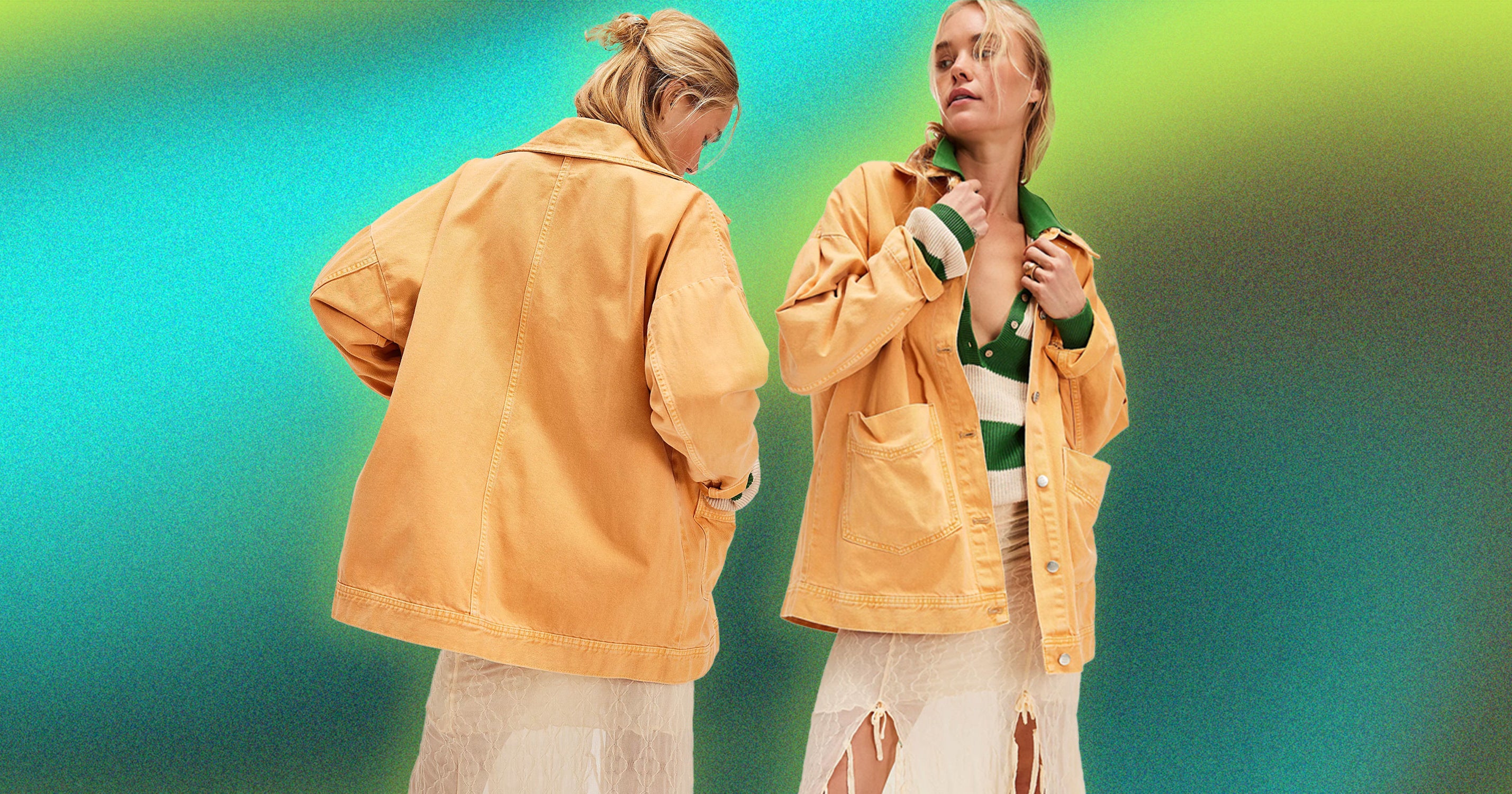












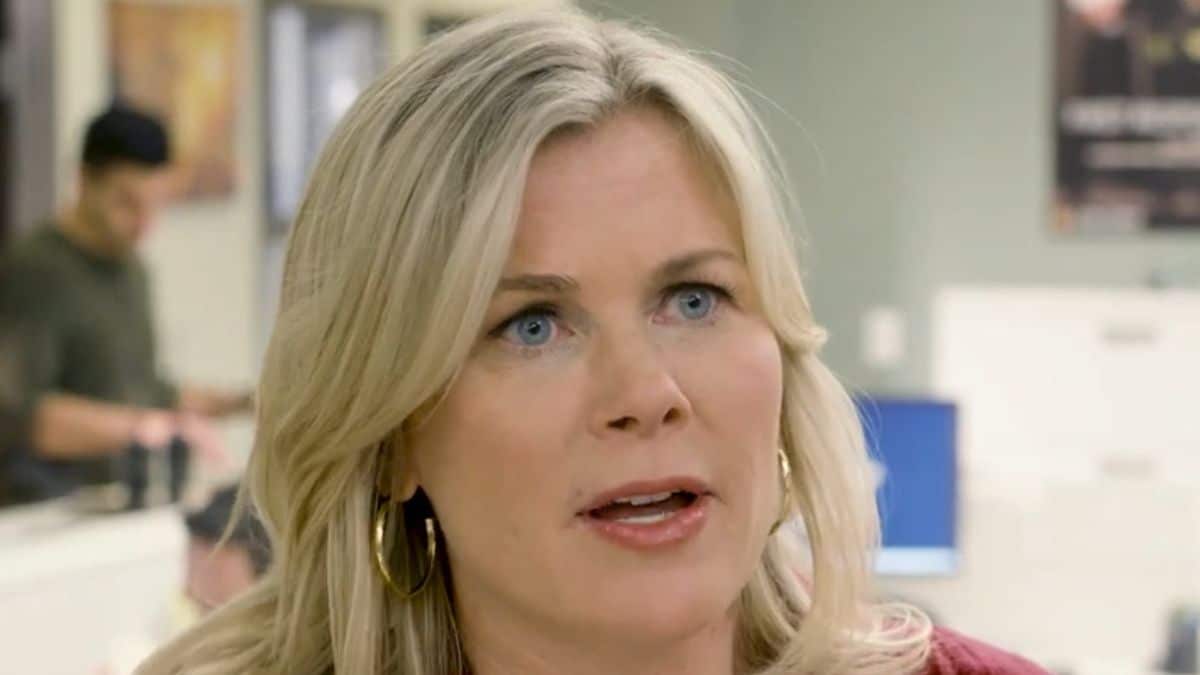

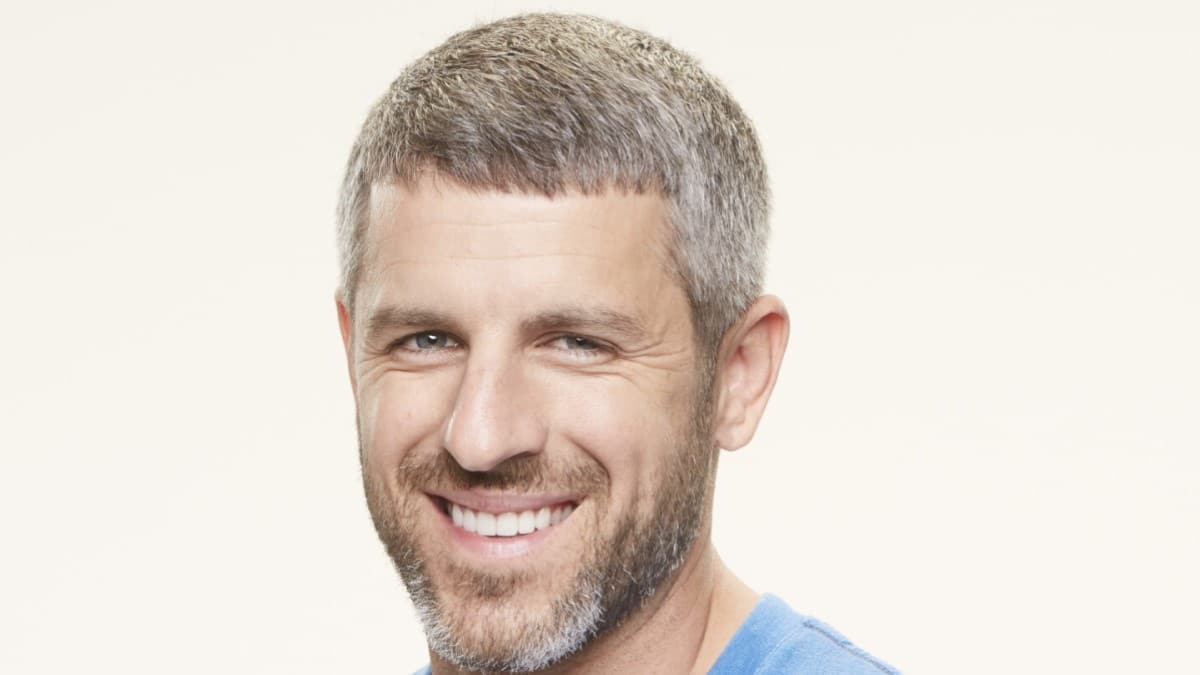




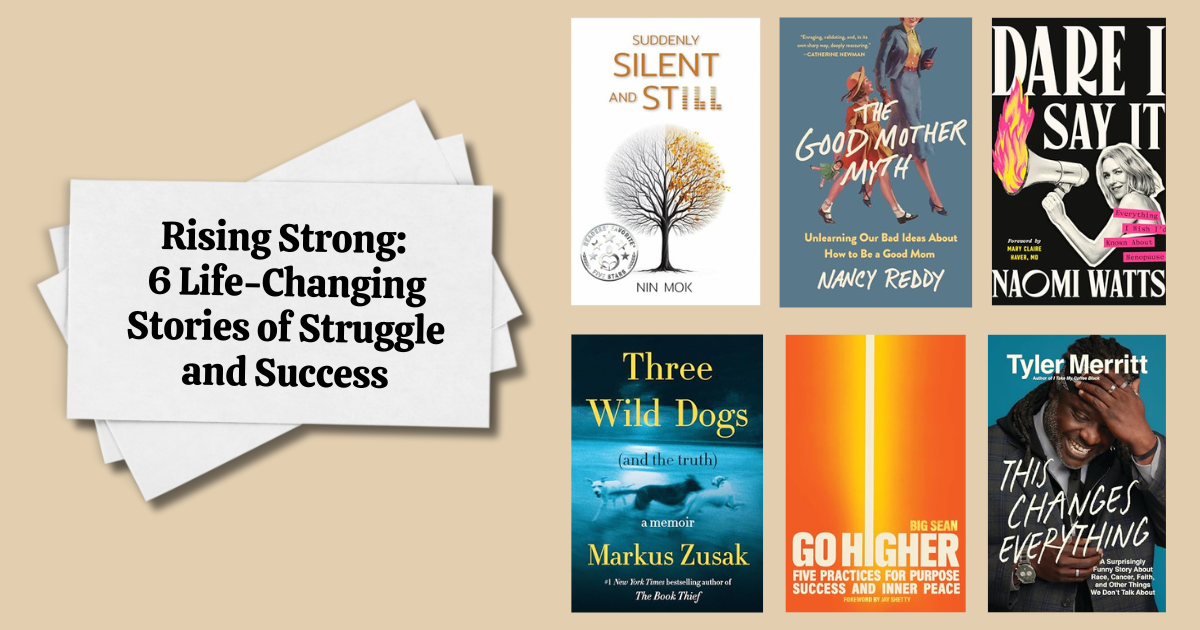




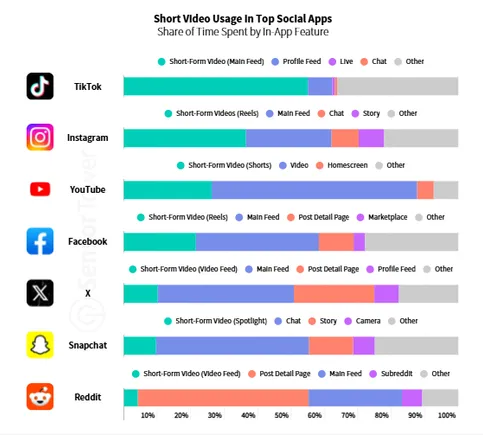
![LinkedIn Shares Data on In-Demand Skills for Marketers [Infographic] LinkedIn Shares Data on In-Demand Skills for Marketers [Infographic]](https://imgproxy.divecdn.com/zMbngFHDMAQdOuk7-FK5eSqQ-bYj9Kyqki-xmPgH4I8/g:ce/rs:fit:770:435/Z3M6Ly9kaXZlc2l0ZS1zdG9yYWdlL2RpdmVpbWFnZS9saW5rZWRpbl9mYWxsX2pvYnNfb3V0bG9vazIucG5n.webp)



